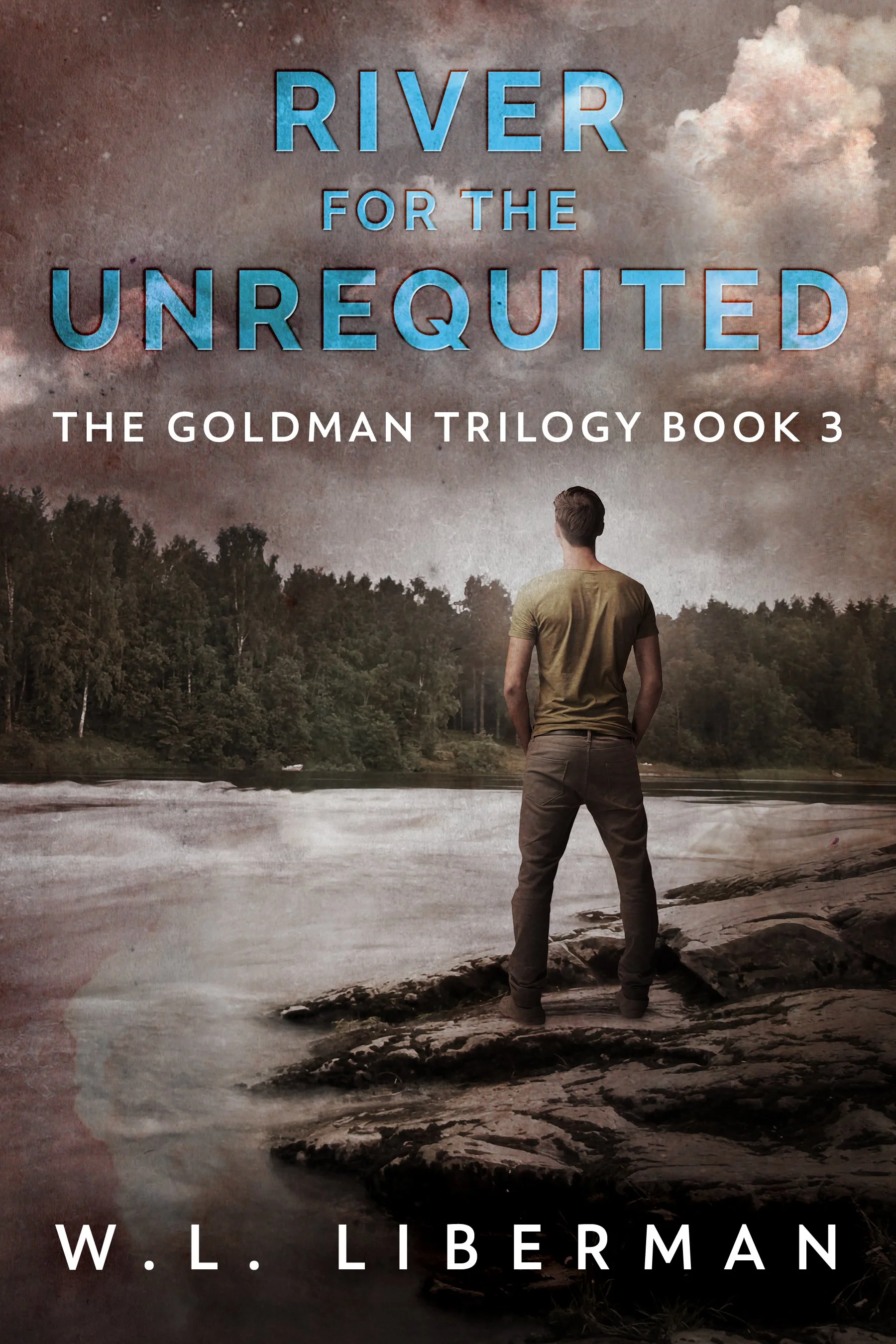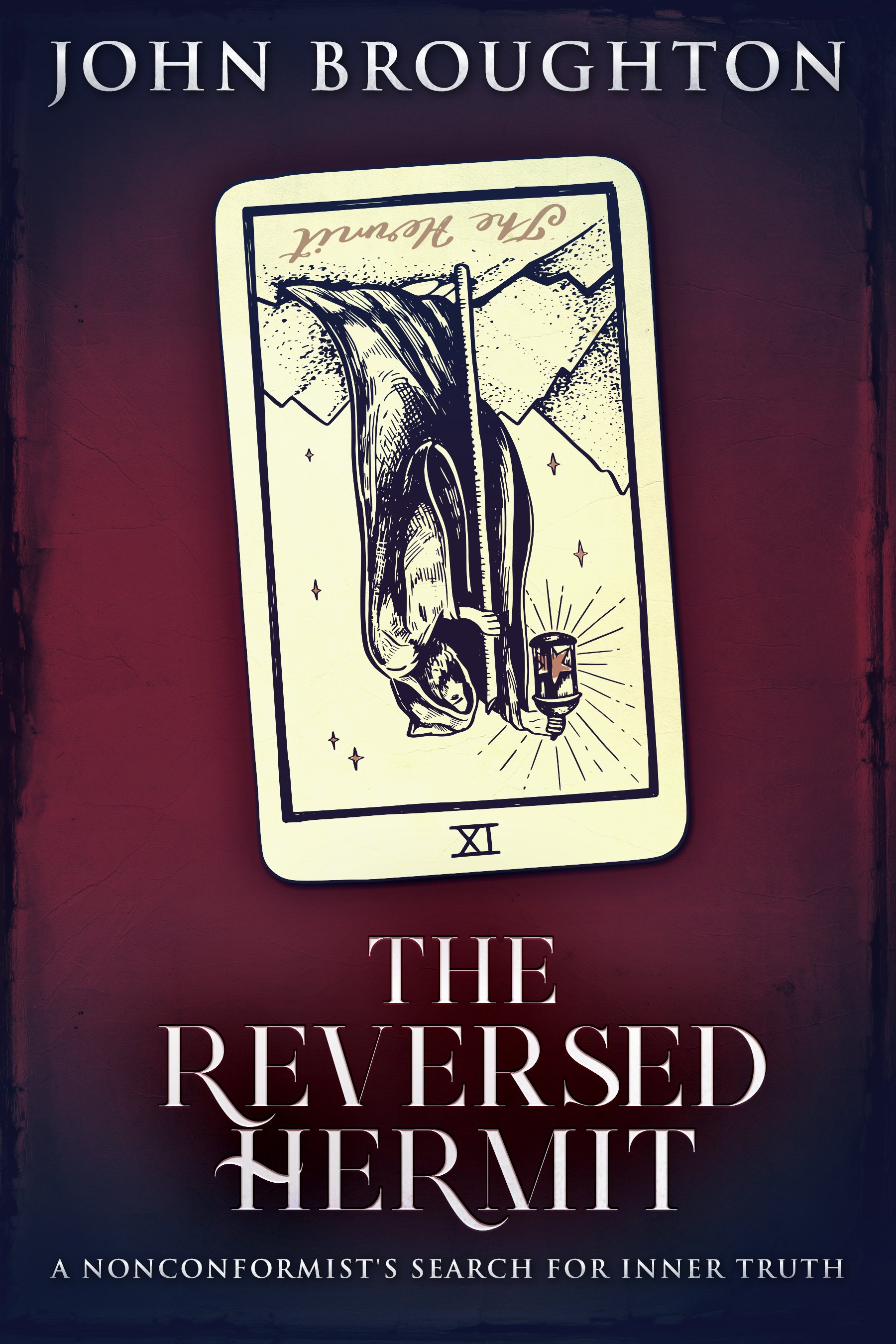River for the Unrequited (The Goldman Trilogy Book 3)
Book summary
"River for the Unrequited" follows Bernard Goldman, a struggling writer, who reluctantly embarks on an eco-rafting journey down the Jennings River in Yukon with his son Sean, an Afghan war veteran battling PTSD. As they navigate the wilderness, this journey becomes a chance for Bernie to mend his fractured family and reconcile with his renowned father, Ephraim. A poignant tale of redemption and healing amidst the untamed wilderness.
Excerpt from River for the Unrequited (The Goldman Trilogy Book 3)
As a kid, I had an overactive gag reflex. Any object hovering within inches of my mouth triggered a dry heave. Toothbrushing turned into torment. Just the thought of an invasion of bristles forged a reaction.
Forget about going to the dentist, a nightmare. Having someone attack my mouth invoked a series of non-stop retches. I hated Dr. Hooperman and loathed going for the obligatory check-ups and periodic treatments. I never received any sympathy, either. Rather, he deemed the situation my fault. A psychological condition seemed to be the prevailing view, implying, I could control this if I wanted. And apparently, I didn’t want to. None of this increased my affection for those of a dental persuasion, although I appreciated the efforts of the various hygienists who seemed, at least, sympathetic. Not the dentists who charged a premium fee for a thirty second rinse around the interior of my mouth. And X-rays? Don’t get me started. Legalized, highway robbery.
Despite this ongoing trauma along with periodic abdominal upheaval, my teeth turned out okay in the end. Rather than rely on my father’s cronies to supply their services at a cut rate and for dubious quality, I took control. Once I found my own service professionals and paid them what they wanted to charge, the care, and my condition improved immeasurably. The heaving and retching subsided, although I still find it difficult to have foreign objects invade my oral space. Better than it was, however.
I mention this childhood predicament because my father, Eph Goldman, yes that Eph Goldman, the one who wrote the phenomenally successful book, The Global View, and who, subsequently went on to a stellar academic and literary career, hobnobbed with the glitterati of the age and subsequent eras, one day, lost his gag reflex. Seems careless, I know. Nonetheless. Eph, now in his 93rd year, called me. His wife, my stepmother, Catherine, and their daughter, my fifteen-year-old half-sister, Madeleine, embarked on a trip, leaving Eph behind. Otherwise, why call?
“Bernie?” I heard what sounded like gurgling and undersea noises. Dolphins or porpoises frolicking.
“Dad? Where are you?”
“I’m at home.”
“What’s that noise?” I asked, as waves rolled in from the sea.
“What noise?”
“That. That noise. It sounds like you’re underwater.”
“I’m not underwater, but I do have a problem.”
“What’s the problem?” I asked, hearing a deep-rooted percolating sound like water disappearing down a drain.
“I’ve called a taxi. I’m on my way to the hospital.”
“What?”
“I said, I’ve called a taxi and I’m on my way to the hospital.”
Now, I responded like a responsible son. “Stay right there. I’m coming to get you.”
I hung up the phone. The house sat quietly. Hastily, I wrote a note for my wife, Sharon, and anyone else who cared to read it: Gone to take Eph to the hospital. Will call when I know more. My father lived about a ten-minute drive away. I grabbed my car keys and then hesitated. From the kitchen where I stood, I looked up at the ceiling, willing myself to peer through the wood and tile into my son, Sean’s room. Sergeant Sean Goldman, war veteran and hero, completed three tours in Afghanistan, lived with us. Now thirty, he spent his days sitting in an easy chair staring out the window, a bottle of Wild Turkey and a half-full, cut-glass tumbler at his feet. Sometimes, he held a 9-millimetre Glock pistol in his hand. I made certain it was unloaded. Often, he fell asleep in the chair, the bottle half-empty, the tumbler drained. Rarely, did he move, except to lift the myriad of weights he kept around him. We’d hear his grunts and feel the vibration of the metal on the floor when he finished a set. Far from the skinny kid he’d been at the time of enlistment, Sean had expanded into a muscle-hardened linebacker, tattoos scrawled up each forearm, along with his Para wings and regimental insignia on each bicep. He seldom spoke, having disappeared inside of himself, reliving some kind of personal hell in a movie only he could see. We feared his condition to be suicidal, hence the gun. Nothing subtle about Sean. That he suffered from Post-Traumatic Stress, seemed abundantly clear. What to do? Less so. The floor above didn’t creak, and I hoped Sean had nodded off. I couldn’t keep Eph waiting, abandoned at the seaside or whatever condition he evoked.
I slammed the door behind me and jumped into the Volvo, recently traded up from a clapped-out Saab. I pulled into Eph’s drive and ran up to the door. I tried the knob. It opened. I found him, resting on a small suitcase in the hallway. He looked wan and more than worried. His breathing laboured.
“Dad. You, okay?”
He shook his grizzled head. “No.” The roar of the ocean gurgled from his chest.
“Jesus.”
I helped him up and hefted the small case. If nothing else, Eph remained prepared for anything, even possible death. We marched methodically to the car. I dumped him into the front seat and buckled him in, like I used to do with the twins, Sean and Nathan, when they were small.
I slammed the door and ran around to the other side and dove in, simultaneously, starting the car, then backed out while pulling on my seat belt.
“Take it easy,” my father burbled. “No need to kill us before we get there.”
“Ha. Ha.” He always knew how to get under my skin. Lately, however, we’d been on better terms, ever since Madeleine and my son, Ronan, both the same age and as close as an aunt and her nephew could be, had been born a few months apart and grown up together.
Eph bent forward in his seat with the seatbelt supporting his weight. I drove fast but carefully. “How long has this been going on?”
“Not long. A day or two, maybe.”
“A day or two? Why didn’t you call me earlier?”
“I thought it would pass. Clearly, I was wrong.” That pedantic tone used to drive me insane. Under the circumstances, however, I cut him some slack.
“Well, that was a stupid thing to do. Maybe this thing could have been nipped in the bud if you hadn’t waited.”
“Oh? So, you’re a doctor now?” Only a light layer of sarcasm.
“You know what I mean. You’re being stubborn.”
“And you aren’t? You’d do the same. I know you well enough.”
I wanted to say he didn’t know me at all, but I lapsed into silence. The hospital loomed up. I drove right up to the emergency department, pulling in behind a parked ambulance. I helped Eph out, gingerly. He didn’t seem too steady, and I had to balance him on the right while I carried his case with my left. We staggered through the main entrance. Just ahead, a paramedic team steered a stretcher our way. The lead paramedic, a burly guy with shaggy hair and a beard, stopped us.
“Hey, you need some help? The old fella looks a little unsteady.”
I nodded. “That’d be great, thanks.”
“Who you calling, old?” Eph croaked.
“Hey, that doesn’t sound good. C’mon, let’s get you up on the stretcher there, young fella,” the burly guy said. His partner, a lithe blonde woman, snuffled a laugh into her palm. But they were efficient. I hardly blinked and Eph lay prone, strapped in while the blonde paramedic had his shirt unbuttoned, and a stethoscope pressed against his chest.
“Sounds like Lake Ontario in there,” she pronounced. “Let’s get him inside.”
“Here. I’ll take that,” the male paramedic said, easing Eph’s case out of my hands and slid it under the stretcher. “You go park your car, or you’ll be towed, pronto. Does he have his ID and health card on him?
Eph spoke up. “I can hear you, you know. I’m not deaf. And the answer is yes, back left pocket.”
The guy gave a thumbs up and his partner smiled. “You’re a feisty one,” she said.
“You don’t know the half of it,” I replied. They began to wheel him in. “Dad. I’ll park and be right back.”
As he disappeared, Eph, raised a hand and waved it weakly. It might have been a gesture of dismissal. With my father, you just never knew. As he aged, he resented any time wasted on something he deemed unimportant. I figured he realized the state of his health seemed to be a personal priority.
The paramedic had been right on the money. A parking warden began to approach my car, a scanner in his hand. I sprinted up and zoomed past him, unlocking the door with the remote.
“Just leaving,” I said as I slid into the driver’s seat, started the car, and pulled out of the U-shaped driveway. A multi-story parking lot towered across the street. I went for it. The parking warden seemed pissed, but I didn’t care. I drove into the multi-story noting the maximum cost totalled $48 and for the privilege of occupying a spot, the owners sought to charge a mere $5 per half hour. Very generous of them. Naturally, the slanted drive proved to be circular. After more than ten revolutions, my head spun. I kept going up, until I hit the roof. There, finally, I found a spot and lurched into it. I took the stairs down thinking the elevators in those facilities operated at a glacial pace and I would hit the ground floor a little faster. I think the elevator passed me by at least twice, maybe even, three times.
As I ran toward the emergency entrance, I encountered the same paramedics on their way out.
“He’s been taken in,” the guy said. “Just ask at the nurse’s desk.”
“Prepare for a long wait,” said his blonde partner. “Check in, then they’ll come get you.”
I nodded. “Okay, thanks.”
“Good luck,” they called, maneuvering the gurney around the back of the ambulance, on their way to the next emergency call. I waved and ran on.
At the nurse’s desk, I waited in a short line. At my turn, I gave my name and my father’s. The nurse had a kind but no-nonsense demeanour.

















Praesent id libero id metus varius consectetur ac eget diam. Nulla felis nunc, consequat laoreet lacus id.